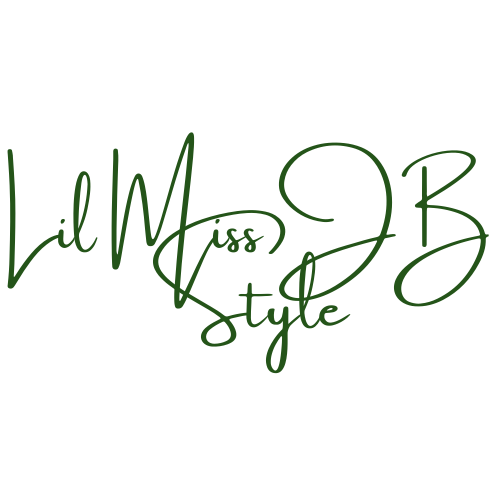
Over the past week I’ve spent some time dusting off and re-vamping my resume. Since I recently finished my graduate degree, and with things being rocky at work in terms of job security, I figured it was about time to give it an update. Plus many of my coworkers have said that you should have one foot out the door especially in my industry because you just never know when shit will hit the fan. Like it seems to be right now. They’ve also advised if I want to get any kind of decent pay bump then leaving the company is my best bet. Have you gotten this advice from your co-workers? Or is that just me? Anyways in taking a good look at my resume I realized that I committed some cardinal sins and thought I should share with you guys some tips I’ve learned on how to build a resume that gets interviews.



1) Keep a continuous working document. One thing I wish I would’ve done was start documenting everything since my first job. This is important because I am just now finding out that we are far more forgetful than we think. Between your first job and when you graduate college you will probably have a wide range of experiences. And with so many experiences it can be easy to forget some that might turn out to be relevant later in life. It’s key to have a chronological working document that accurately captures all the things that you have done not just professionally but in organizations and hobbies as well!
2) Make sure you that you always have a way to access to your working document. I finally moved my resume over to a Google doc that I can access from anywhere using my personal email account so I never have to worry about being able to obtain this information quickly. Before this I made the mistake of relying on my college email address and old laptop. Unfortunately I lost most of my previous versions of my resume and other important files over the years because of this, so I was never able to transfer over important information on projects and work experience that I had done in the past onto my resume.
3) Your resume should have a summary. In previous versions of my resumes I kept it very simple name, work experience, education, extra. After my father consulted a professional resume writer I noticed the biggest change was that she added a summary to highlight his relevant skills. A friend of mine recently added a summary to his resume and landed a job offer with Apple! So I think it’s safe to say, adding a summary couldn’t hurt.
4) Don’t forget to add technical buzzwords. A lot of people will Google “resume buzzwords” and I found that the first few things that pop up are all verbs like: managed, analyzed, supported. While these are great to have, what a lot of people forget is to also add technical terms. This is especially important for engineers looking for mid-level rather than entry level jobs. If you’ve worked with certain machines or practiced specific methods of testing, etc. you want to make sure you mention this on your resume.


5) Quantify your impact when possible. Another common mistake people make is they forget to add numerical value to their accomplishments. Be specific. Talk about how many people you’ve managed, include exactly how much money a project of yours saved or made the company. Doing this highlights your value to a company in a tangible way!
6) Don’t forget to add relevant coursework. One thing we take for granted is that each college program has different requirements. On top of that we all had electives that we had to take. Be sure to also include a chronological list of courses you completed in your working resume document. This is especially important if you took very specific classes or are trying to get into a different industry but might not have experience like “Biomaterials” or “Quality Assurance in Manufacturing”. While it doesn’t translate directly into industry experience in these areas it does highlight that you are educated to do that kind of work.
7) Don’t forget to keep your LinkedIn and other online profiles updated. As you add new accomplishments your resume it’s also important to keep whatever sites your resume is posted on updated as well! I can’t tell you how many headhunters have reached out to me based off of my LinkedIn or Indeed profile when I wasn’t actively looking.
Creating a resume can be really daunting. Trust me sis I know! So keep it simple, but make an impression. A lot of people’s resumes are either too stale or are too over the top for their industry. The key is to find a good middle ground that makes your resume stand out not only in terms of aesthetics but more importantly with your accomplishments! Especially because so many companies use AI to weed out resumes based on keywords and real people might not actually be reviewing your resume. That’s why it’s so important to thoughtful with your words and using them in way that really helps to show your experience off! If you found this helpful in securing your bag be sure to share it with your friends. Also comment some of your resume tips below for others!

Don't Miss a Look! Get Every Outfit Delivered Straight to your Inbox by Clicking the Button Below!










0 Comments